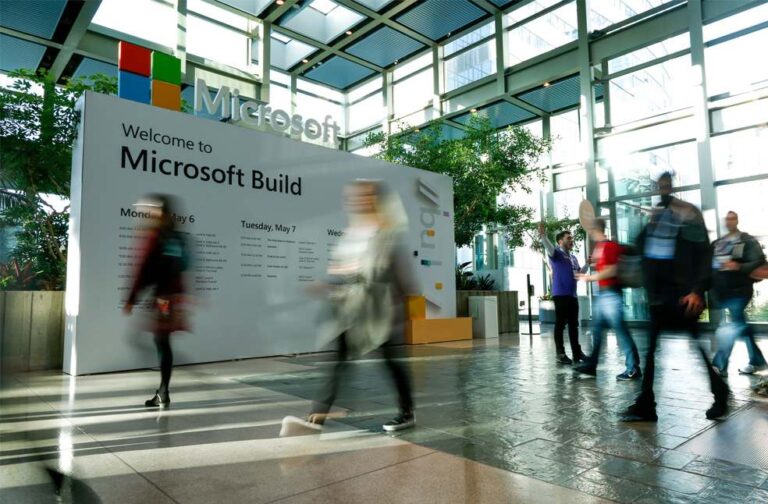Redmond, Washington: Microsoft, ahead of its Build developer conference in Seattle, has unveiled new ambitions for artificial intelligence (AI), imagining a future where AI agents from different companies can collaborate and retain improved memories of past interactions.
Chief Technology Officer Kevin Scott spoke to reporters and analysts at Microsoft’s Redmond, Washington headquarters, highlighting the company’s aim to standardize collaboration among AI agents, self-operating systems that can perform tasks such as fixing software bugs.
Scott emphasized Microsoft’s support for the Model Context Protocol (MCP), an open-source initiative introduced by Anthropic (a Google-backed AI firm), which aims to create an ‘agentic web.’ He compared this to how hypertext protocols helped spread the internet in the 1990s.
MCP, according to Scott, opens possibilities for developers across industries to build interoperable agents, allowing innovation to be driven by imagination rather than controlled by a few dominant firms.

The Microsoft executive also acknowledged that AI agents today operate in a largely transactional way and lack memory of previous interactions. To improve this, Microsoft is investing in structured retrieval augmentation, a technique that allows AI agents to extract and retain brief, essential pieces of each user interaction.
This process helps agents recall previous tasks more efficiently without needing vast computing power, offering a scalable approach to training more intelligent and context-aware AI.
Scott likened this strategy to the workings of the human brain, where solving problems doesn’t involve recalling everything at once but drawing on relevant information selectively. The initiative marks a strategic effort by Microsoft to lead in shaping a collaborative and cognitively advanced future for AI systems.



